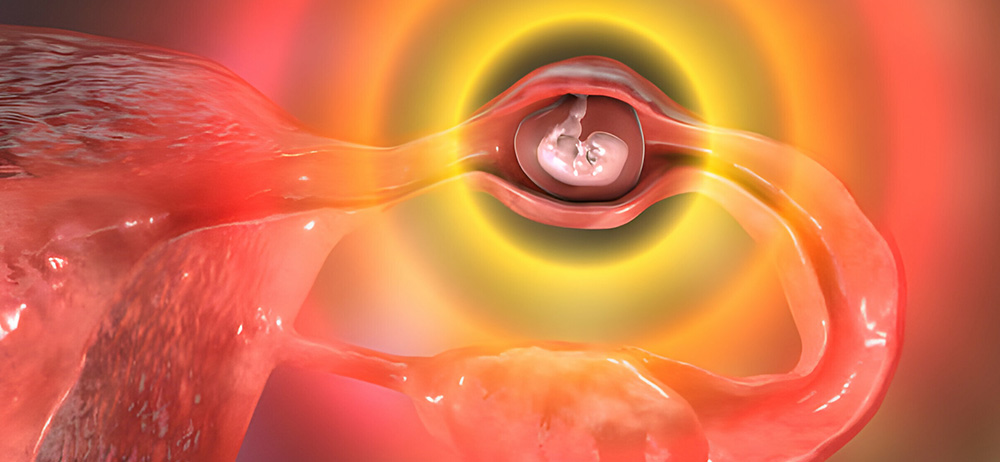Overview
Tubal pathology refers to abnormalities or disorders affecting the fallopian tubes, essential components of the female reproductive system. These structures play a crucial role in the transport of eggs from the ovaries to the uterus and are integral to successful conception.
Common Causes
- Infections: Sexually transmitted infections (STIs) such as chlamydia and gonorrhea can lead to inflammation and scarring of the fallopian tubes, affecting their function.
- Pelvic Inflammatory Disease (PID): Untreated infections, particularly PID, can cause tubal damage, impacting fertility.
- Endometriosis: In advanced cases, endometrial tissue can invade and damage the fallopian tubes.
Symptoms
- Tubal pathology is often asymptomatic, and individuals may not be aware of any issues until they experience difficulty conceiving.
- In some cases, symptoms may include pelvic pain, especially during intercourse or menstruation, and unusual vaginal discharge.
Diagnostic
- Hysterosalpingography (HSG): This imaging test involves injecting contrast dye into the uterus and fallopian tubes to identify blockages or abnormalities.
- Laparoscopy: A surgical procedure allowing direct visualization of the pelvic organs, including the fallopian tubes, to diagnose and treat issues.
Impact on Fertility
Tubal pathology is a significant cause of female infertility. Blockages or damage to the fallopian tubes can hinder the passage of eggs, preventing them from meeting sperm for fertilization.
Ectopic pregnancies, where a fertilized egg implants outside the uterus, are more common in individuals with tubal pathology.
Treatment
- Laparoscopic Surgery: In cases of tubal blockages or adhesions, laparoscopic procedures may be performed to address these issues and improve tubal function.
- In Vitro Fertilization (IVF): For individuals with severe tubal pathology, IVF can offer an alternative route to conception by bypassing the fallopian tubes.
Prevention and Management
Seeking prompt treatment for STIs and practicing safe sex can help prevent infections that may lead to tubal pathology.
Early detection and intervention are crucial for managing tubal issues and preserving fertility.
Tubal pathology underscores the importance of reproductive health and the intricate balance required for successful conception. Individuals experiencing fertility challenges or suspecting tubal issues should consult with a healthcare provider to explore diagnostic options and personalized treatment plans tailored to their specific needs. Early intervention and comprehensive care are key to optimizing reproductive outcomes.
Contact Us
For more information please contact Laxmi Advanced Womencare @ +91-7304075735 / charmithakker@yahoo.com
